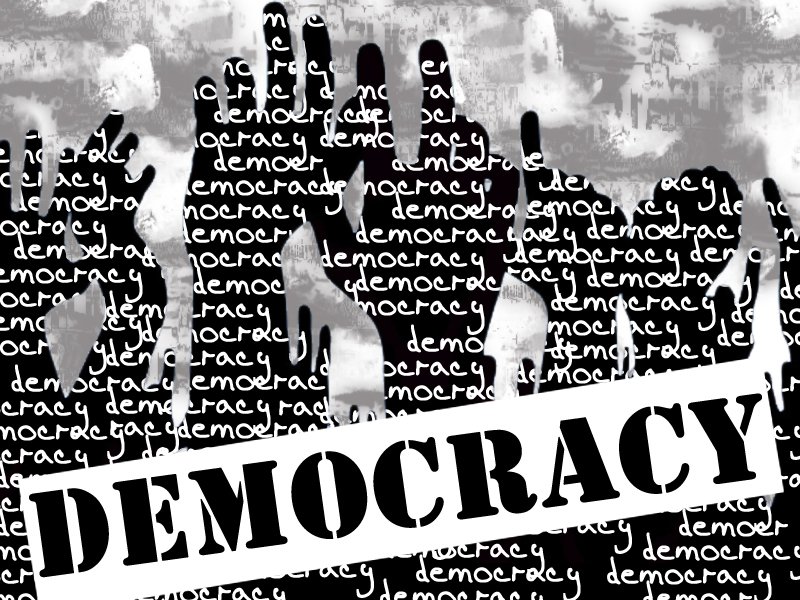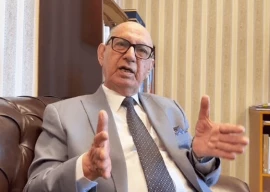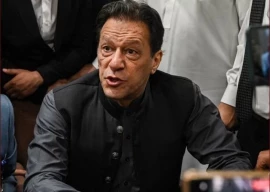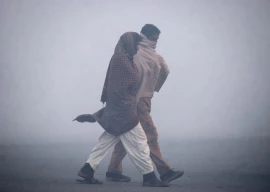
Parliamentarians, media practitioners and analysts discussed the factors that contributed positively and negatively to quality of democracy during the 18 months since the general elections in May 2013.
The report, “Assessment of the Quality of Democracy, June 2013 to December 2014” has been compiled by the Pakistan Institute of Legislative Development and Transparency (Pildat).
According to the report, factors that positively contributed to bettering the quality of democracy include smooth transfer of power, formation of governments in K-P, Balochistan and AJK, appointments of heads of important state institutions such as the army and the ISI, holding of local government elections in Balochistan even though it introduced a weak system, supportive role played by the opposition in the face of sit-ins and continuing public support for democratic dispensation.

Factors that negatively impacted the quality of democracy include a prime ministerial and not a cabinet form of government; formation of National Security Committee weakening the authority of the federal cabinet, especially in the presence of uniformed members. The Azadi and Inqilab marches, poor performances of elected institutions, lack of movement on local governments, increasing ascendancy of military, media controversies and weakening of the ECP and lack of required momentum forward on instituting electoral reforms.
Speaking on the issue of transitional democracy, Dr Niaz Murtaza, development and political economist said Pakistan must first move from being a transitional to a stable democracy before it can mature.
He said the biggest single challenge for Pakistan’s shift from a transitional to stable democracy is the rethinking of the military’s informal powers despite the setbacks suffered during this period.
Ghazi Salahuddin, a renowned journalist, said Pakistan remains one of the most dangerous countries of the world for journalists. “Journalists operate in an environment of fear, adding to the resilience of the Pakistani media. Nonetheless, the media is obsessed with sensational politics. This is manifested through the media’s coverage of specific events rather than that of deep, systemic problems that are present in the country,” he said.
Senior lawyer Shahid Hamid said Pakistan is currently in a state of war, and we must accept a certain curtailment of civil liberties. Although the formation of the military courts might have been a necessary step, it should not lead to complete suspension of basic human rights, he said.
Published in The Express Tribune, February 19th, 2015.

1726117332-0/Megan-Thee-Stallion-(1)1726117332-0-165x106.webp)





















COMMENTS (3)
Comments are moderated and generally will be posted if they are on-topic and not abusive.
For more information, please see our Comments FAQ